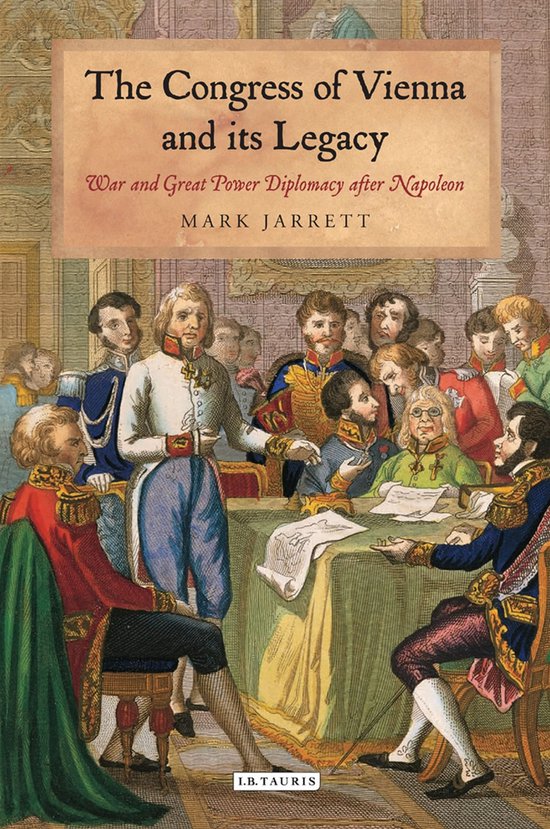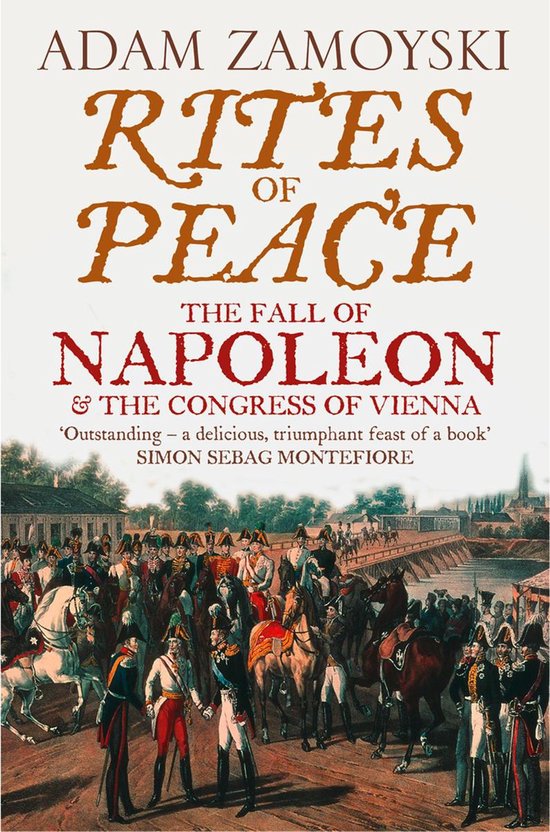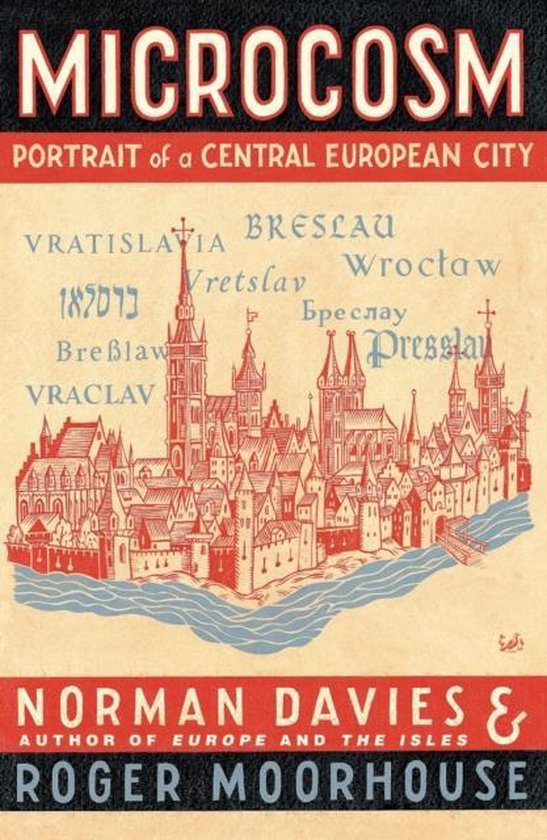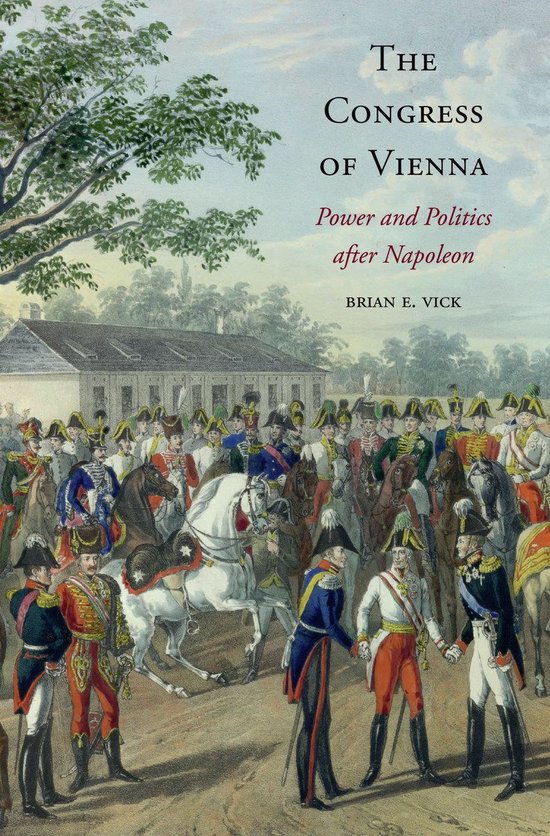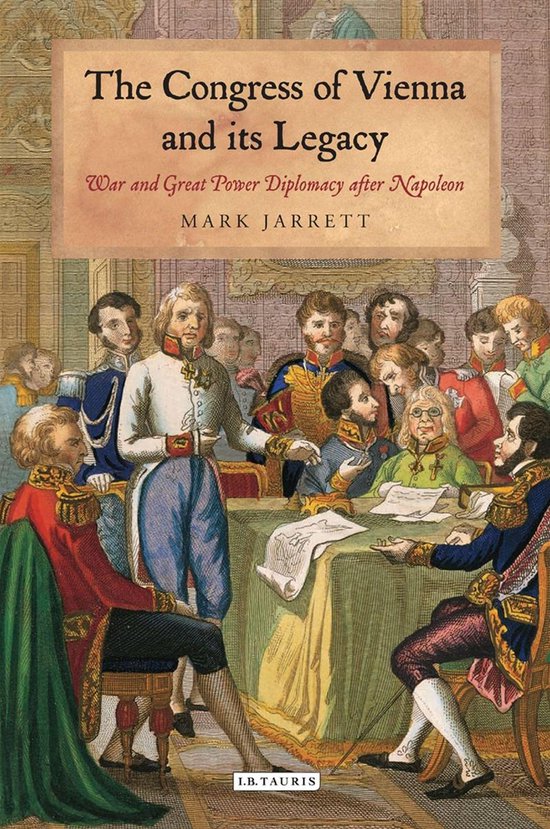
The Congress of Vienna and its Legacy
In 1814 the five reigning dynasties of Europe, Alexander I of Russia and ministers such Metternich and Talleyrand, descended upon Vienna. The Vienna Congress marked one of the great turning points in diplomatic history; the first attempt to create an 'international order' to secure peace for the nineteenth century. The blueprint for modern-day global governance models such as the UN, it was a response to Napoleon's expansion across Europe, and sought to build upon the state systems he left behind whilst shoring up the privileges and power of Europe's elite. Here, Mark Jarrett argues that the Congress of Vienna in fact marked the beginning of the end for the Ancien Regime, yet, despite its disintegration following the suicide of Castlereagh, the 'congress system' has had an enormous influence up to the present day. The role of diplomacy as a means to conflict resolution, the workings of multi-lateralism and the emphasis on international organizations to guarantee national sovereignty were all long term by-products of the 'congress system'. A new synthesis of archival material, The Congress System is a fresh exploration of a key event in the history of International Relations and Diplomacy.
| Auteur | | Mark Jarrett |
| Taal | | Engels |
| Type | | E-book |
| Categorie | | Mens & Maatschappij |

